What is Eskalith and how is it used?
Eskalith is a prescription medicine used to treat the symptoms of Bipolar Disorder. Eskalith may be used alone or with other medications.
Eskalith belongs to a class of drugs called Bipolar Disorder Agents.
It is not known if Eskalith is safe and effective in children younger than 7 years of age.
What are the possible side effects of Eskalith?
Eskalith may cause serious side effects including:
- hives,
- difficulty breathing,
- swelling of your face, lips, tongue, or throat,
- muscle weakness,
- twitching,
- drowsiness,
- lightheadedness,
- mood changes,
- blurred vision,
- ringing in your ears,
- irregular heartbeats,
- confusion,
- slurred speech,
- clumsiness,
- trouble breathing,
- seizures,
- shortness of breath,
- fever,
- increased thirst or urination,
- weakness,
- dizziness,
- spinning sensation,
- memory problems,
- hallucinations,
- problems with balance or muscle movement,
- loss of bowel or bladder control,
- seizure,
- feeling very thirsty or hot,
- inability to urinate,
- heavy sweating,
- hot and dry skin,
- severe headaches,
- ringing in your ears,
- nausea,
- vision problems,
- pain behind your eyes,
- agitation,
- fever
- shivering,
- fast heart rate,
- muscle stiffness,
- twitching,
- loss of coordination, and
- diarrhea
Get medical help right away, if you have any of the symptoms listed above.
The most common side effects of Eskalith include:
- dizziness,
- drowsiness,
- tremors in your hands,
- trouble walking,
- dry mouth,
- increased thirst or urination,
- nausea,
- vomiting,
- loss of appetite,
- stomach pain,
- cold feeling,
- discoloration in your fingers or toes,
- rash, and
- blurred vision
Tell the doctor if you have any side effect that bothers you or that does not go away.
DOSAGE AND ADMINISTRATION
Immediate-release capsules are usually given t.i.d. or q.i.d. Doses of controlled-release tablets are usually given b.i.d. (approximately 12-hour intervals). When initiating therapy with immediate-release or controlled-release lithium, dosage must be individualized according to serum levels and clinical response.
When switching a patient from immediate-release capsules to ESKALITH (lithium carbonate) CR Controlled-Release Tablets, give the same total daily dose when possible. Most patients on maintenance therapy are stabilized on 900 mg daily, e.g., ESKALITH (lithium carbonate) CR 450 mg b.i.d. When the previous dosage of immediate-release lithium is not a multiple of 450 mg, e.g., 1,500 mg, initiate ESKALITH (lithium carbonate) CR at the multiple of 450 mg nearest to, but below, the original daily dose, i.e., 1,350 mg. When the 2 doses are unequal, give the larger dose in the evening. In the above example, with a total daily dose of 1,350 mg, generally 450 mg of ESKALITH (lithium carbonate) CR should be given in the morning and 900 mg of ESKALITH (lithium carbonate) CR in the evening. If desired, the total daily dose of 1,350 mg can be given in 3 equal 450-mg doses of ESKALITH (lithium carbonate) CR. These patients should be monitored at 1- to 2-week intervals, and dosage adjusted if necessary, until stable and satisfactory serum levels and clinical state are achieved.
When patients require closer titration than that available with doses of ESKALITH (lithium carbonate) CR in increments of 450 mg, immediate-release capsules should be used.
Acute Mania: Optimal patient response to ESKALITH (lithium carbonate) can usually be established and maintained with 1,800 mg per day in divided doses. Such doses will normally produce the desired serum lithium level ranging between 1.0 and 1.5 mEq/L.
Dosage must be individualized according to serum levels and clinical response. Regular monitoring of the patient’s clinical state and serum lithium levels is necessary. Serum levels should be determined twice per week during the acute phase, and until the serum level and clinical condition of the patient have been stabilized.
Long-Term Control: The desirable serum lithium levels are 0.6 to 1.2 mEq/L. Dosage will vary from one individual to another, but usually 900 mg to 1,200 mg per day in divided doses will maintain this level. Serum lithium levels in uncomplicated cases receiving maintenance therapy during remission should be monitored at least every two months.
Patients unusually sensitive to lithium may exhibit toxic signs at serum levels below 1.0 mEq/L.
N.B.: Blood samples for serum lithium determinations should be drawn immediately prior to the next dose when lithium concentrations are relatively stable (i.e., 8 to 12 hours after the previous dose). Total reliance must not be placed on serum levels alone. Accurate patient evaluation requires both clinical and laboratory analysis.
Elderly patients often respond to reduced dosage, and may exhibit signs of toxicity at serum levels ordinarily tolerated by younger patients.

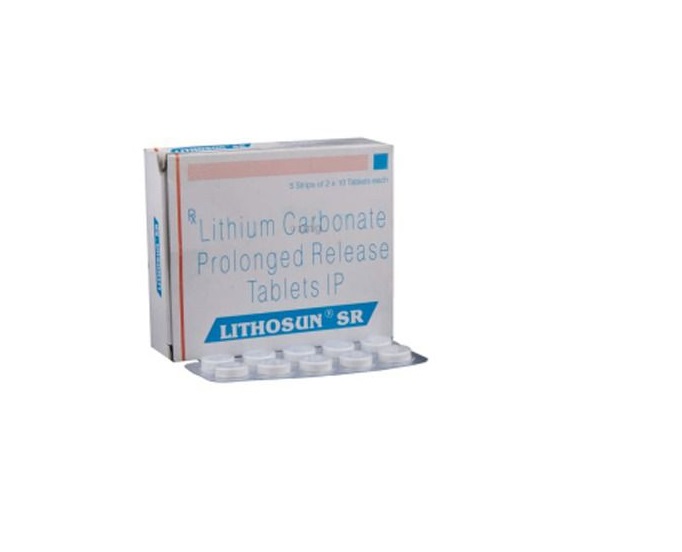
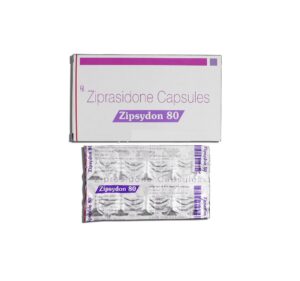
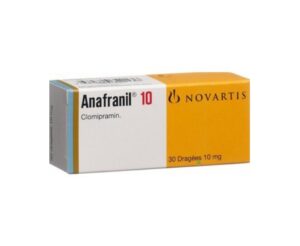
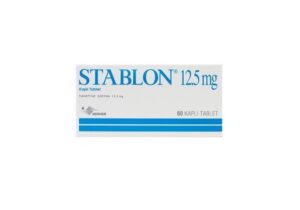
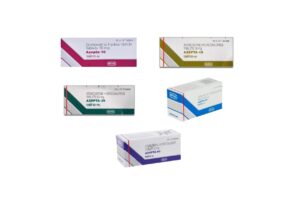
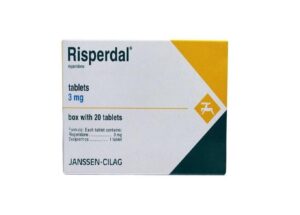
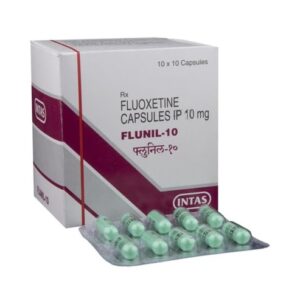
Reviews
There are no reviews yet.